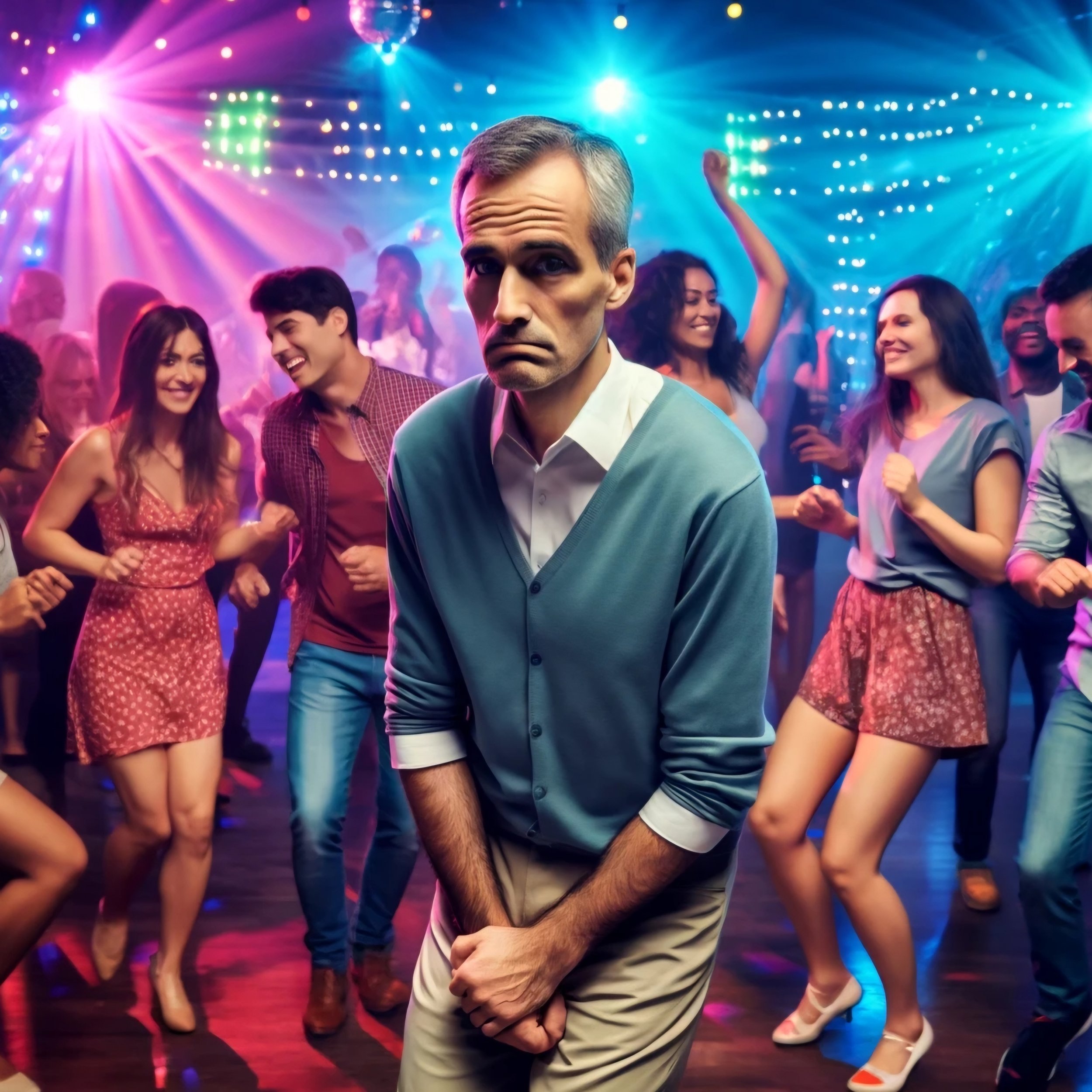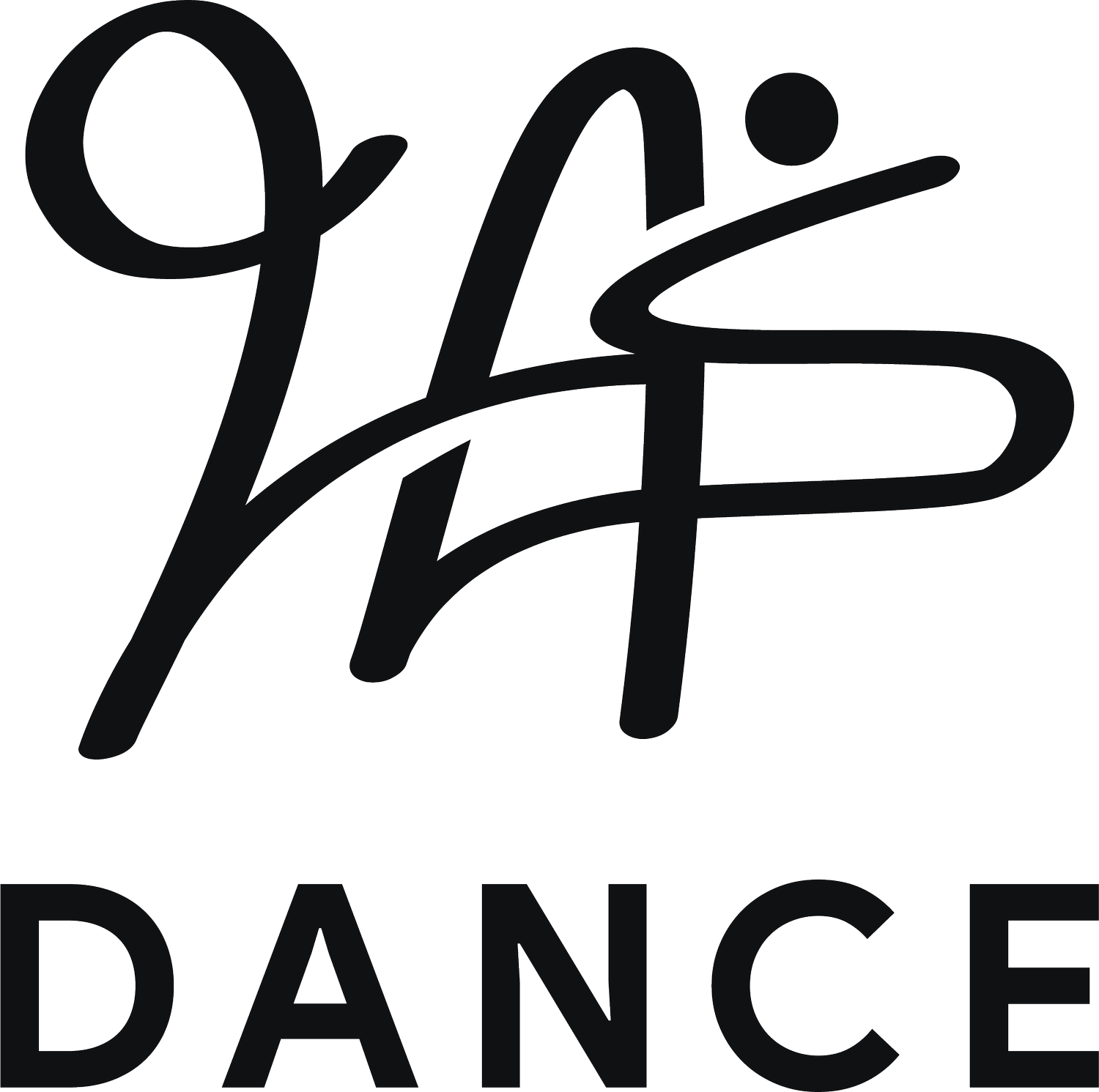
Overcoming the Fear of Judgment: Why It's Never Too Late to Start Dancing
The biggest hurdle most adults face when thinking about starting dance is the fear of judgment. This fear often stems from a belief that they are not good enough or that they will look foolish in front of others. It's a natural concern, especially in a culture that often glorifies youth and perfection. However, dance is not just for the young or the effortlessly coordinated; it's a form of expression open to anyone at any age.

Discovering Your Unique Dance Identity: A Guide for Beginner and Intermediate Dancers
Embarking on a journey in dance is not just about mastering steps and sequences; it's about discovering and nurturing your unique identity as a dancer. Whether you are taking your first steps in dance or you are at an intermediate level, understanding the foundations while embracing your individuality is essential. This blog post will explore how you can develop your skills and creativity in a way that resonates with who you are, ultimately helping you to stand out as not just a good dancer, but a great one.

